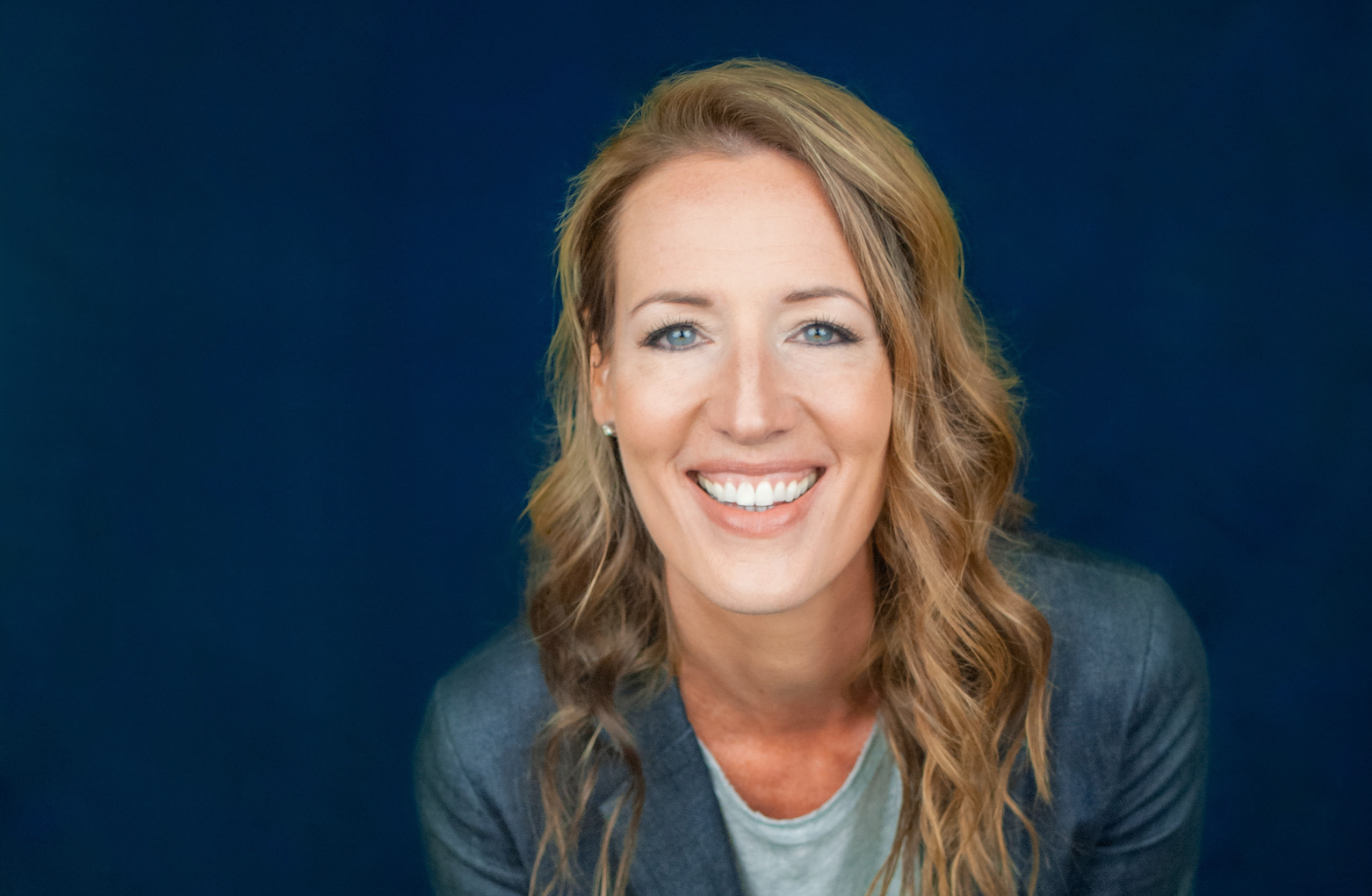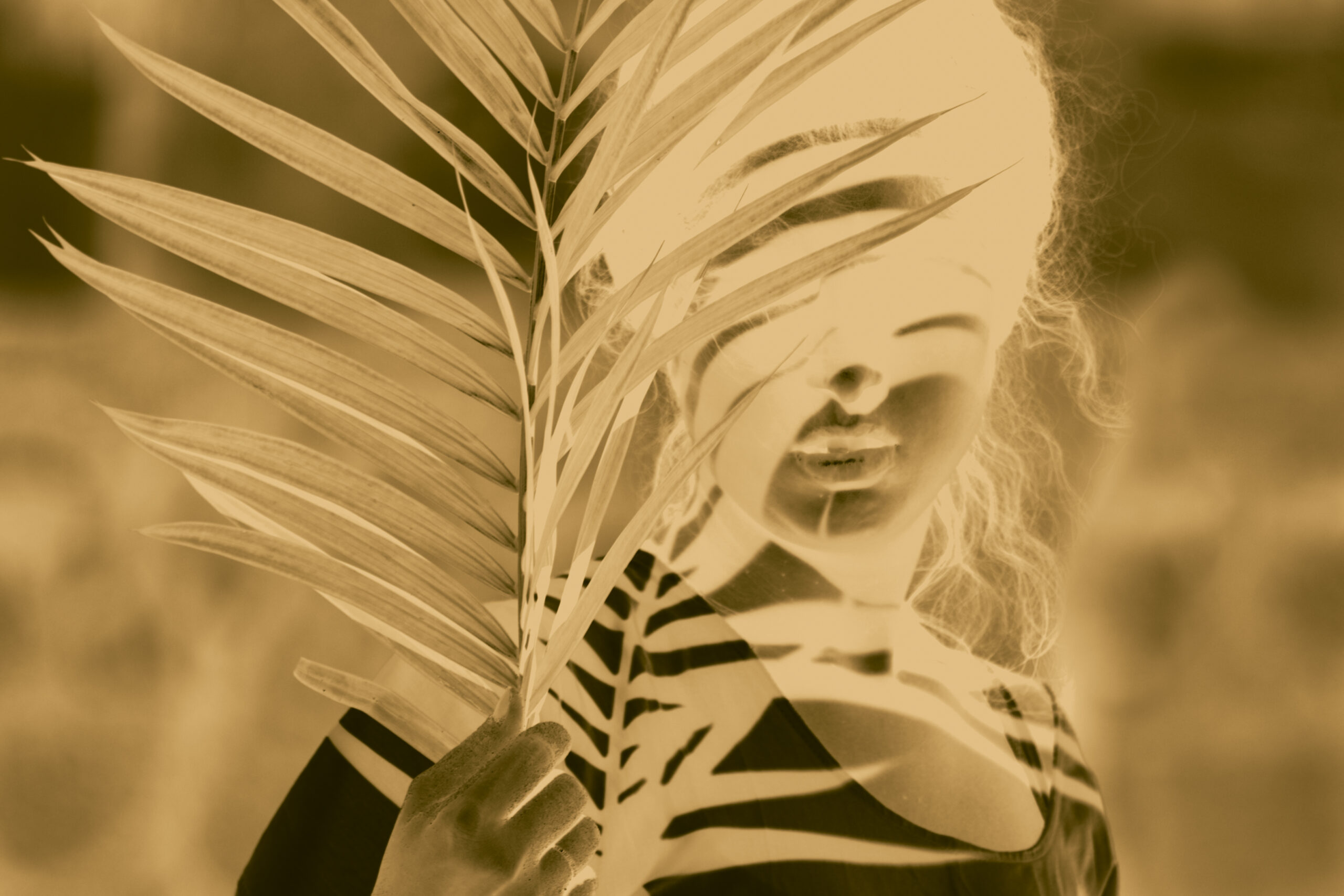
When you think of some of the greatest people-powered movements in recent American history, the Civil Rights and Women’s Liberation movements certainly spring to mind. They helped shape an entire generation of politics, society, and values in a way that both moved the country forward (e.g, the Voting Rights Act, Roe v Wade) but in other ways gave way to actions that held certain demographics back (think mass incarceration, the War on Drugs, for example).
The numerous stories of people’s lives who have been changed continue to fascinate and inspire us, especially now that we are in the midst of a time of great political upheaval and unrest, where a new generation of activists, protestors, marchers, and advocates are rising up in a collective resistance movement. As we join marches for women’s rights, climate change, science, demand to see a certain President’s tax returns and so on, there is much we can learn from those who were part of movements from the 50’s all the way to the 70’s.
One of those people is activist and author Rifka Kreiter, who has just released a memoir titled ‘Home Free: Adventures of a Child of the Sixties’. From marches in Mississippi with Dr. Martin Luther King, to anti-war demonstrations in San Diego, her story leaves no stone un-turned. Weaved among her recollections of a troubled childhood in New York and Los Angeles where she tried to commit suicide, love affairs, drugs, the journey to finding meditation, and liberation, is Rifka’s quirky personality and candid humor.
Today, Rifka is a meditation teacher in New York where she lives with her partner. She is ready to finally tell her story with the world, and we had a chance to speak with her one-on-one after ravenously reading her book.
When did you start writing “Home Free: Adventures of a Child of the Sixties”?
In the late nineties, I was part of a writing group in which we used a one-line prompt each month to inspire a piece of new work. After a year, it felt as if my pieces were calling out to me, “we wanna be a book.” Exciting and scary. I worked on ‘Home Free’ on and off, through major life changes. Who knew it would take almost twenty years to complete?
Your story involves a lot of activism and political demonstration, including Civil Rights marches and anti-war marches. Can you tell us why you decided to get involved in these issues back in the 60s and 70s?
Growing up in post-WW II America, I believed without question that the United States was always a force for truth and goodness. When the Civil Rights movement began with the Montgomery bus boycott and lunch counter sit-ins, I became aware of the violent racism in our country. Specifically, on June 6, 1966 I saw a newspaper photo of Martin Luther King, at the start of the Meredith March for voting rights, being pushed by a Mississippi state trooper and stumbling to his knees. Outraged by this, I felt called to go to Mississippi and join the march.
As I saw it, the war in Vietnam was being waged for the benefit of the corrupt military-industrial complex (as Eisenhower called it). At the end of 1965, there were 184,000 American troops in Southeast Asia; by the end of ’66, there were 385,000. Virtually all the guys my age had to face the decision about what to do about the draft. These choices were fraught with pain and rage. It was insupportable. The nightly news reports were like bombs in the pit of my stomach, spurring me to action. I had to do everything I could to stop the war.

Can you tell us what it was like being a young woman during the Women’s Liberation movement, and why it was such a turning point for America?
In 1969, the discovery of feminism caused an explosive expansion of my world view and an almost blinding illumination of my personal history. This is difficult to recapture; so much that was revolutionary then, is now conventional wisdom—at least by lip service.
The confluence of the personal and political opened, for me as for so many other women at that historic moment, a wellspring of rage and fervor. Each day brought new revelations of how sexism permeated every aspect of society and my own psyche. As I examined my unconscious assumptions, it became clear that I had taken the concepts of female weakness and inferiority as truth. The actions on so many fronts of the broad-based women’s movement did create a turning point in our culture, but never enough to secure truly equal rights and privileges for women.

The book also talks about your journey of finding yourself and finding liberation through all of these experiences. How did your activism shape this aspect of your life?
Being active in The Movement, with millions of my idealistic generation, gave me a sense of possibility I never had as a depressed and stricken girl. It fostered a growing sense of hope that things could change for the better and respect for myself as someone who could stand up and take risks for what I felt was right. But as the New Left fractured, I lost faith that political action arising from rage and self-righteousness would give rise to a truly humane society.
After practicing meditation for a number of years, I had some profound, even ecstatic experiences. I actually saw that reality is greater than the material universe, that even my own identity transcended the limitations of being a thirty-year-old American woman with such-and-such a personal history. I discovered that spiritual teachers of many traditions always knew this, and there are masters who live in a state of ultimate freedom, true selflessness. I began an intense search for a path that would take me to that ultimate liberation.

We’re seeing a huge increase in grassroots activism since the election of Donald Trump. What are your thoughts on this new invigoration, having been through some of the most impactful movements of America’s history?
I am so encouraged by the surge of activism in response to the appalling election results and threats to the gains we made on the environment, voting rights, women’s rights. I add my voice to the chorus: People who care about our planet and about human rights must find effective ways to resist and stop the forces of reaction.
How did your family life impact the path you took as a young woman?
As the only child of an unstable single mother, my childhood was painful and damaging. Home Free describes how I bottomed out at age eighteen when I attempted suicide. Then, with the precious and powerful support of my aunts and uncles, I gradually worked my way to a more balanced emotional state. I could not have done this without psychotherapy, in which I persisted for years, often through frustration and painful self-examination. This lifelong habit of honest self-examination is, to my mind, central to a life well-lived.

Does it ever frustrate you to see we are still fighting many of the same battles that were being fought decades ago (racism, reproductive rights, immigrant rights, etc.)?
Yes, yes and yes. However, I take comfort from my deep faith that there is a higher order to things which we may not see, much less comprehend.
We are still living in a largely patriarchal world, where many women are still afraid to live outside the norms, raise their voice, and “rock the boat”. What would you say to encourage those who fear backlash for speaking their mind, especially as a woman?
Any advice I offer these days starts with one thing: MEDITATE. In my experience, meditation opens inner pathways to one’s own deepest wisdom, the inner voice that prompts right action in any given moment. When I act from that place, it seems that whatever I do is beneficial to myself and others.
Fear is natural and we tend to either give in to it or suppress it. Meditation creates space that allows us open to fear, allowing it to be there, and still act according to our higher values. Each time we do this, the hold fear has on us weakens.
================================================================================
You can purchase ‘Home Free: Adventures of a Child of the Sixties’ on Indiebound, Amazon, or Barnes & Noble.


















One thought on “Author Rifka Kreiter Talks Civil Rights, Feminism, & Being A Child Of The Sixties In Her New Book”